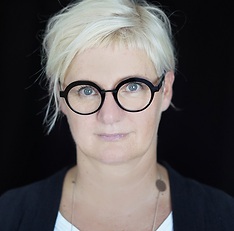LECTURES
Simon Guentner
Community - a sociological perspective
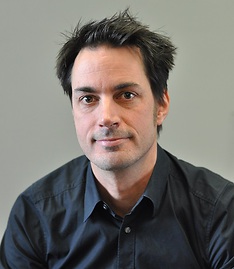 „Community“ is a colourful concept. It emphasises a commonality: people build communities around something that they have in common, be it a tradition, an interest, or a taste. Based on this commonality, they develop an affectual relation and a collective identity. And, as community members, they express a difference to others, who don’t share this identity. Of interest for sociological reflection, and of relevance for cultural practices, are the processes and mechanisms of community building, and the significance of communities for their members and for society in a wider sense. Topical is also the impact of digitalisation on the shape and practice of communities. The lecture will present current positions in sociological thinking and explores how these can be of benefit for community engagement.
„Community“ is a colourful concept. It emphasises a commonality: people build communities around something that they have in common, be it a tradition, an interest, or a taste. Based on this commonality, they develop an affectual relation and a collective identity. And, as community members, they express a difference to others, who don’t share this identity. Of interest for sociological reflection, and of relevance for cultural practices, are the processes and mechanisms of community building, and the significance of communities for their members and for society in a wider sense. Topical is also the impact of digitalisation on the shape and practice of communities. The lecture will present current positions in sociological thinking and explores how these can be of benefit for community engagement.
Rosa Reitsamer
Creating Classical Music Audiences for the 21st Century
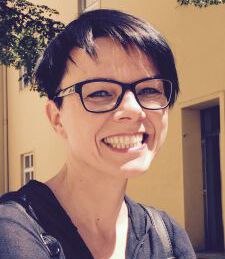 This lecture addresses the question of the emergence, present and future of the classical music audience from a threefold perspective. The first perspective focuses on the formation of this audience as a central aspect of the bourgeois music labour market in the 19th century in the context of feminist and postcolonial research on the public and private sphere. The second perspective reconstructs the discourses about the crisis of Western art music, including the declining interest in this music, since the 1990s. The third and final perspective considers theoretical approaches to participation and presents some projects that aim at both to enhance “new” classical music careers and to create “new” audiences in the 21st century.
This lecture addresses the question of the emergence, present and future of the classical music audience from a threefold perspective. The first perspective focuses on the formation of this audience as a central aspect of the bourgeois music labour market in the 19th century in the context of feminist and postcolonial research on the public and private sphere. The second perspective reconstructs the discourses about the crisis of Western art music, including the declining interest in this music, since the 1990s. The third and final perspective considers theoretical approaches to participation and presents some projects that aim at both to enhance “new” classical music careers and to create “new” audiences in the 21st century.
Rineke Smilde
Musicians’ professional performance
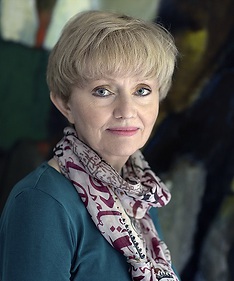 ‘Who am I as a musician and how can I contribute to society?’ is the key question we can ask ourselves as musicians when relating to any audience, and in particular to ‘new audiences’.
‘Who am I as a musician and how can I contribute to society?’ is the key question we can ask ourselves as musicians when relating to any audience, and in particular to ‘new audiences’.
When engaging with new audiences it is important for musicians to develop an informed social role, which reflects their (artistic and professional) identity and underpins their ‘professional performance’. The latter can be defined as:
…rooted in the connection between one’s personal, artistic and professional development, comprising diverse roles, skills, values and attitudes, based upon a profound awareness of one’s artistic and professional identity (Smilde 2021 in press).
This address seeks to unpack and explain the notion of musicians’ professional performance in relation to engagement with new audiences. It focuses on questions on social impact, on the micro level of the individual musician, the meso level of the ‘institution’, and the macro level of society at large. Moreover, questions on sustainable practice and the multi-layered definition of quality in this context will be addressed. All of it will be clarified through examples from practice.
Alicia de Bánffy-Hall & Constanze Wimmer
Philippika: Musikvermittlung and Communitxy Music
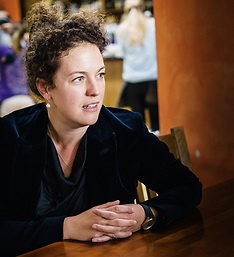 In this Philippika we will compare and contrast intersections and differences of the two fairly young disciplines: Musikvermittlung and Community Music. We believe it’s useful to have a closer look at the fields of practice, the underlying motivations and the theoretical frameworks, since the terminologies are often not clearly defined and applied.
In this Philippika we will compare and contrast intersections and differences of the two fairly young disciplines: Musikvermittlung and Community Music. We believe it’s useful to have a closer look at the fields of practice, the underlying motivations and the theoretical frameworks, since the terminologies are often not clearly defined and applied.
